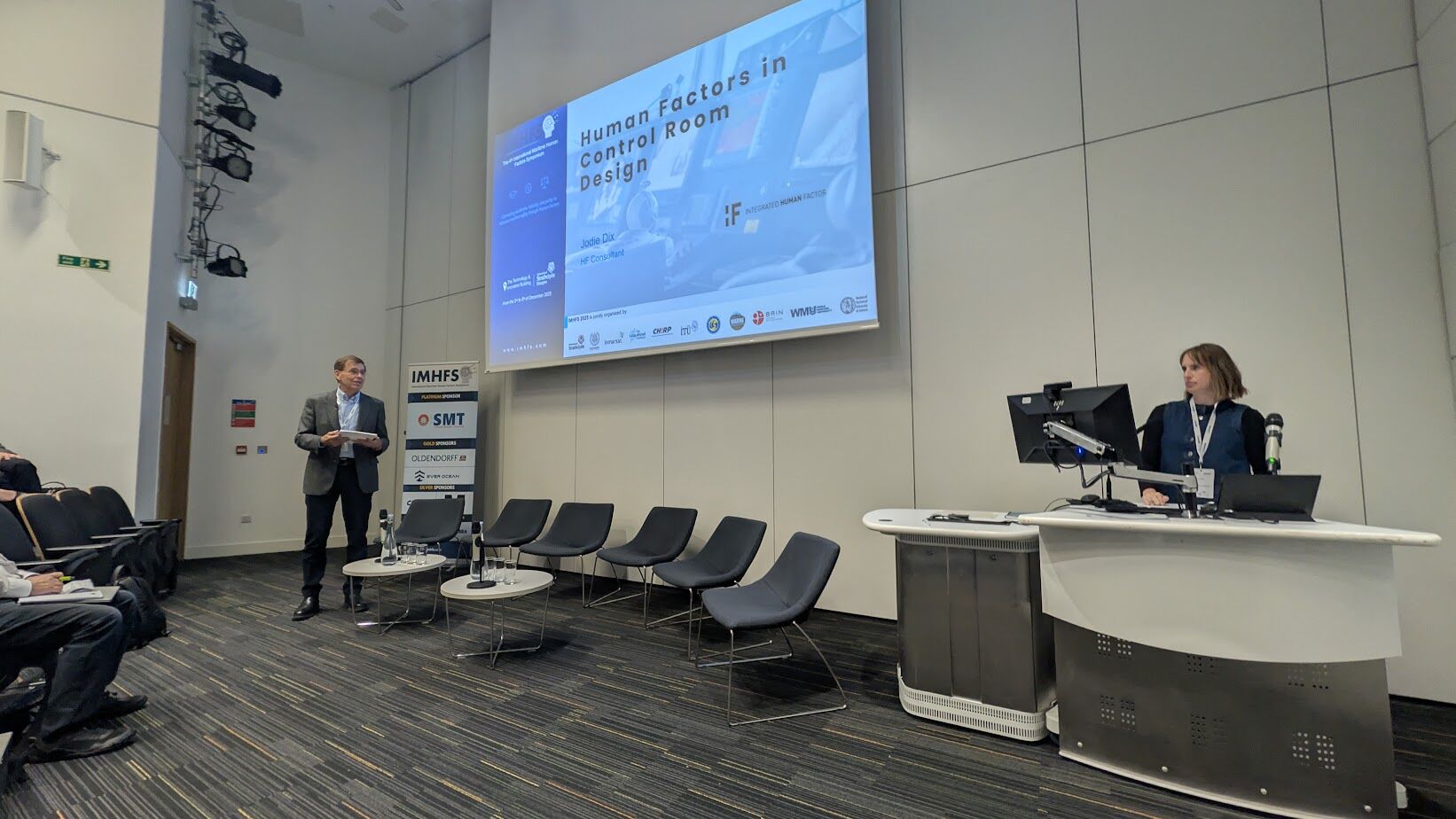The BaselineNC workplace fatigue monitoring wearable project has taken a major leap forward with DKV Debreceni Közlekedési Zrt. (DKV) launching a live pilot involving tram, trolleybus and bus drivers in Debrecen, Hungary. Neil Clark and Sadaf Bader from Integrated Human Factors (IHF) visited Béla Göblyös, László Mátyus and the driver team at DKV to kick off this important phase of the project — commissioning the live trial, with a phased implementation of up to 48 participants including traffic controllers — and this has led to significant milestones such as:
- Extending usage of the BaselineNC workplace fatigue monitoring wearable to Continental Europe in alignment with a trial at Edinburgh Trams in Scotland to assess its real-world applicability and effectiveness.
- As well as trams, usage in bus and trolleybus vehicles in Debrecen is providing valuable data on how the system functions across different modes of public transport.
- The live pilot kick off sessions at DKV further demonstrated the continued collaborative drive and passion from the various stakeholders of the BaselineNC project to develop a predictive workplace fatigue monitoring wearable that is designed to identify and mitigate fatigue-related risks before they lead to accidents in safety-critical transport operations.
Why are DKV undertaking this workplace fatigue monitoring wearable pilot?
In 2024, close to 20,000 road fatalities occurred across Europe and the long-term road safety goal, “Vision Zero” aims to have zero fatalities in road transport by 2050. Technological advances, including connectivity and automation, present new opportunities to reduce the role of human errors. The role of fatigue in human errors on our roads, remains a critical safety challenge across the transport sector. One of the most devastating examples was the 2016 Croydon tram crash, where driver fatigue was identified as a probable cause for the deaths of 7 people. This tragedy underscored the need for a proactive fatigue management system that could identify and mitigate risks before they lead to accidents.
The BaselineNC project aims at enhancing public transport safety and improving working conditions for staff, and involves key partners including DKV but also Edinburgh Napier University and the aforementioned Edinburgh Trams in Scotland.
An article about the overall project can be found at the EIT Urban Mobility website.











